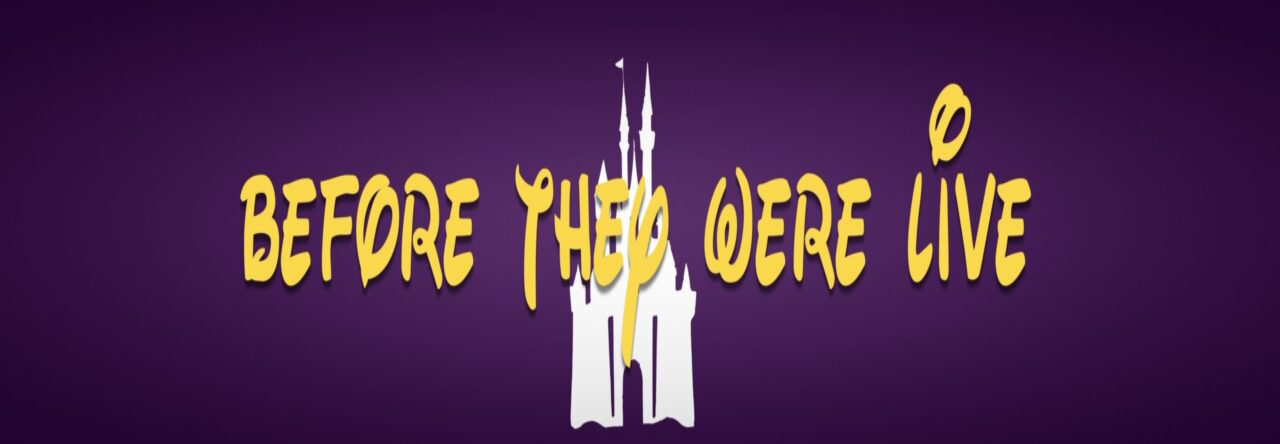If like me, you became interested in the flâneur after Michial mentioned it here is a rambling post titled Baudelaire, Benjamin and the Birth of the Flâneur from The Psychogeographic Review. I didn’t know anything about Flâneur, and so this seemed as good an introduction as any. As Michial pointed out in the episode, there is something more than just being cheerful and lazy in the hobo, or the flâneur- there is a spiritual quality they are pursuing.
“The concept of the flâneur, the casual wanderer, observer and reporter of street-life in the modern city, was first explored, at length, in the writings of Baudelaire. Baudelaire’s flâneur, an aesthete and dandy, wandered the streets and arcades of nineteenth-century Paris looking at and listening to the kaleidoscopic manifestations of the life of a modern city. The flâneur’s method and the meaning of his activities were bound together, one with the other. Indeed…the flâneur is trying to achieve a form of transcendence”
And, in our own way Michial and I are picking up the baton of the flâneurs, although instead of wandering through Paris, we’re wandering through the Disney Canon. I particularly like this idea:
“Benjamin believed that one of the main tasks of his writing was to rescue the cultural heritage of the past in order to understand the present; not just the cultural treasures of the past, but the detritus and other discarded objects…Thus, we create a history which is not just that of the victor.”
Certainly we are wandering the cultural treasures (Bambi, Pinnochio) and the detritus (The Three Caballeros). And charitably (assuming you take the heroic view of the flâneur) maybe you could argue that is what Disney Animation Studios was doing in it’s own way as well: picking through the stories of the past and repurposing them for their current moment. Making sense of the world through cultural heritage.
In fact, Benjamin also drew a parallel between the experinence of being a flâneur and theatrical entertainment, and I do not think that is coincidental. In a very real sense theater and movies are always collecting, cutting, pasting and remixing life in order to make sense of the world. This is why they possess a deeper truth; they are a distillation of truth. And the process by which we access that truth is our collective imaginations.
“By describing the flâneur’s vision of the city as phantasmagoric, Benjamin seems to suggest that it is a dream-like vision akin to that provided in theatrical entertainment. He also reminds us of Marx’s metaphorical description of the commodity as having the power of a religious fetish; an item that owes its magical status to the imaginative power of the human brain which confers magical powers upon it, at the same time as venerating the fetish, as an autonomous object. Phantasmagoric experiences, therefore, are created by humans, but have the appearance of seeming to possess a life of their own. ”
Not unlike Happy Valley coming to life through the combined work of both Edger Bergen as the story teller and Luana’s imagination, which of course does lead to Willy having on a life of his own beyond Edger’s conception.
